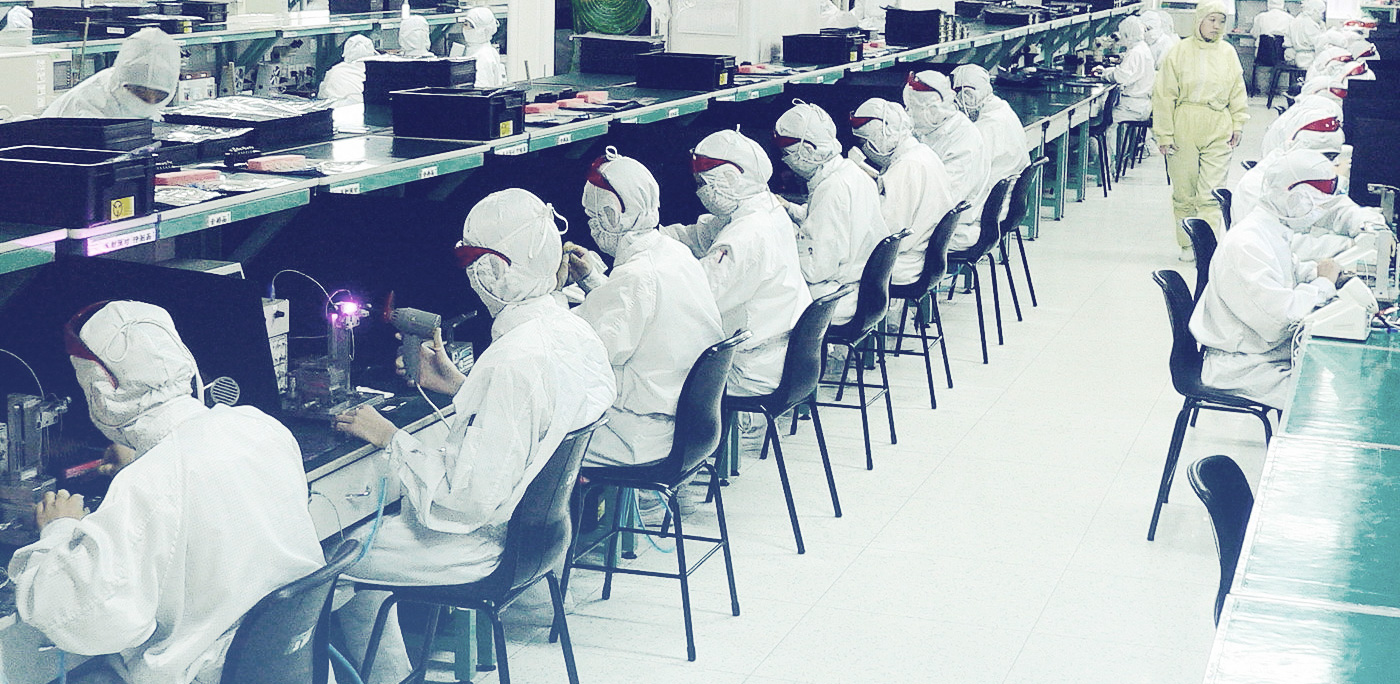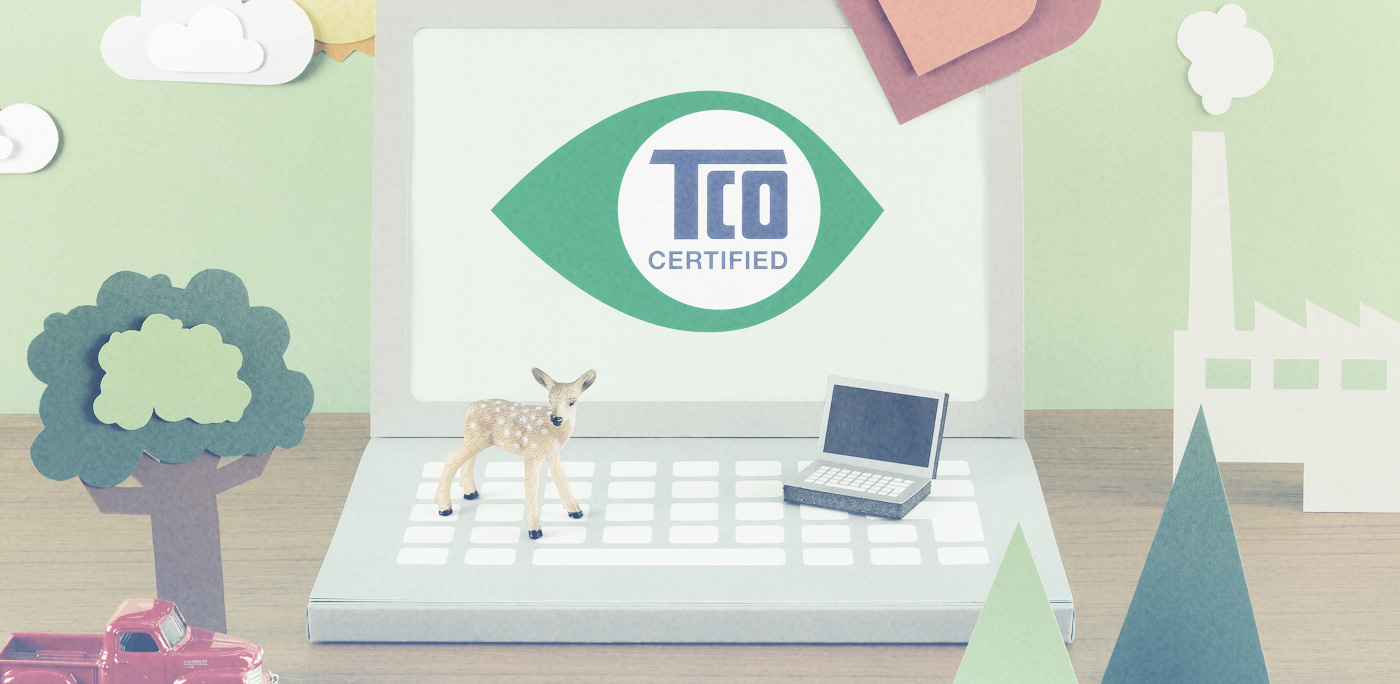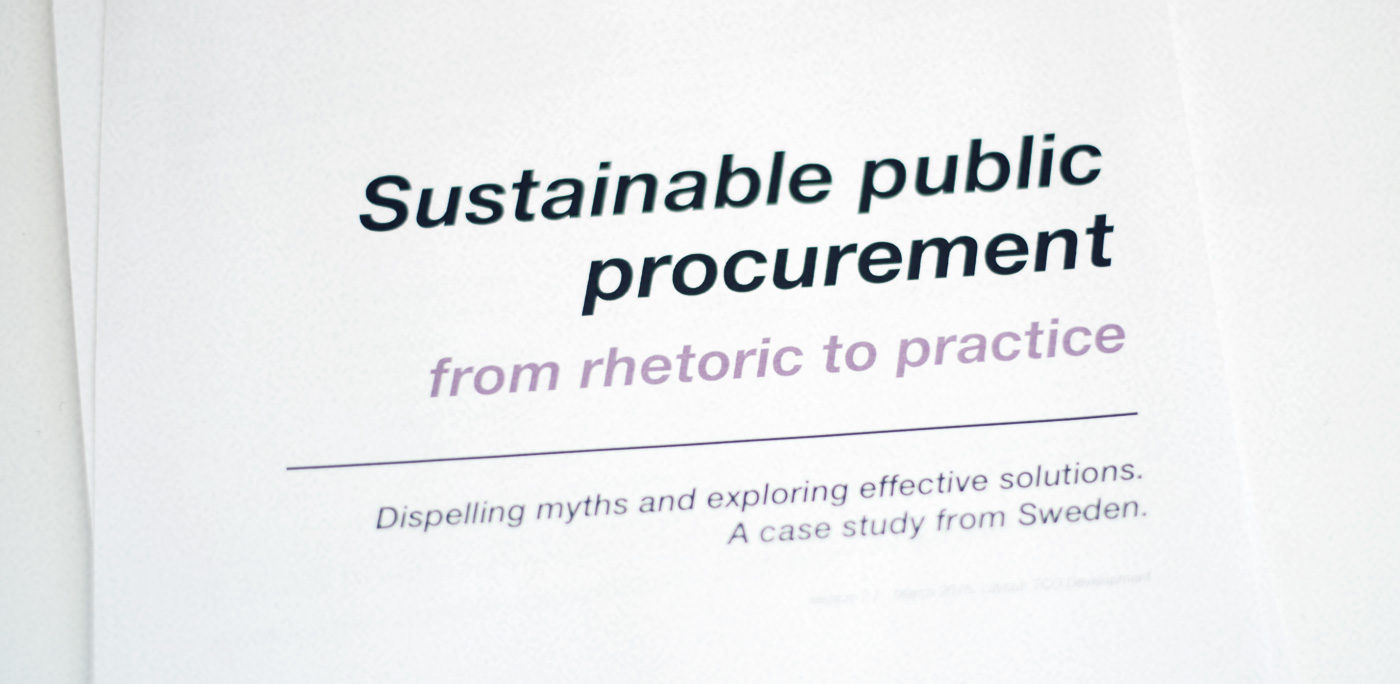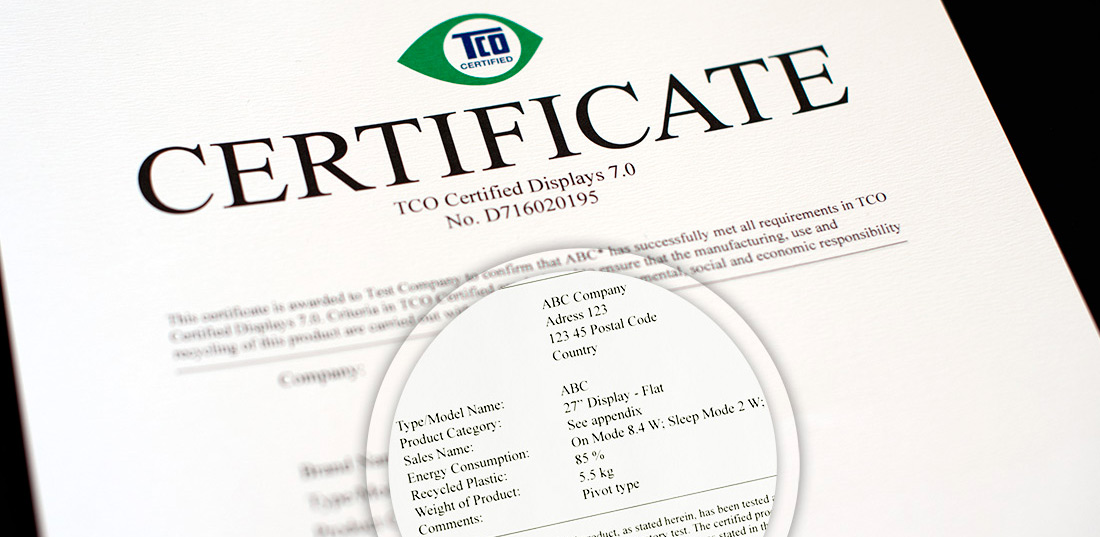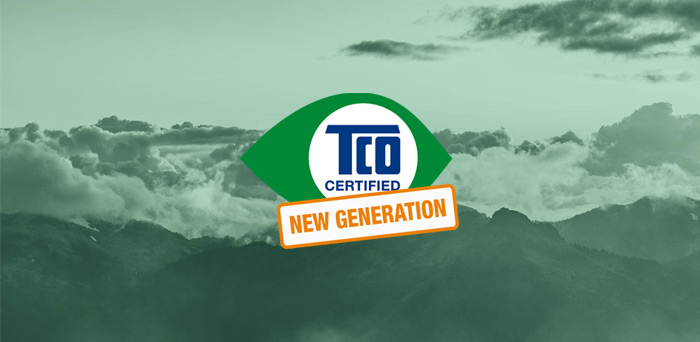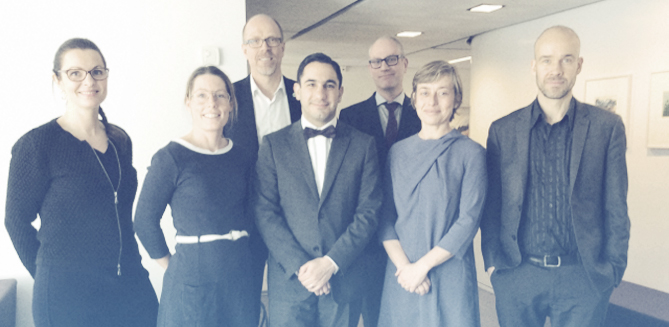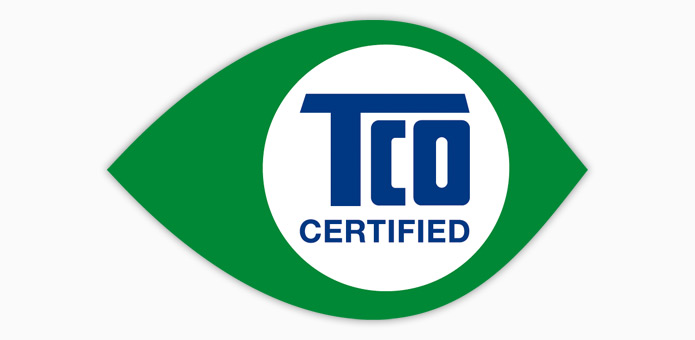Press room
Contact

Dennis Svärd, Global PR Manager
dennis.svard@tcodevelopment.com
Mobile: +46 (0) 704 804 094
Are Your Electronics Socially Responsible?
Some of the problems that plague IT production; from modern-day forced labor to extreme overtime — the human costs of IT manufacturing can be staggering.
Mobile devices meet new sustainability criteria in TCO Certified
During March-April, 26 models of notebook computers and tablets have met the new, advanced sustainability criteria in TCO Certified.
Sustainability lacking in public purchasing
A new report takes a closer look at sustainable public purchasing and examines common myths associated with including sustainability factors in the process.
New criteria deliver data on energy, recycled plastics and weight
As part of the new generation TCO Certified, brands declare the energy consumption, recycled plastic content and weight of all certified product models
The list of flame retardants accepted under TCO Certified is growing
The next generation of TCO Certified only accepts non-halogenated flame retardants that have been reviewed by GreenScreen for Safer Chemicals.
TCO Certified aims to further reduce hazardous substances
TCO Development today launched the latest generation TCO Certified sustainability certification for IT products. The revision includes new criteria for reducing hazardous non-halogenated flame retardant substances and replacing them with safer alternatives. First to certify product include displays from Eizo, Dell, Lenovo, LG and Samsung, headsets from Plantronics and a notebook from Lenovo.
New Strategy for Phasing out Hazardous Chemicals
One of the major changes in the new generation TCO Certified criteria set is a new approach to reducing hazardous substance content in computers, displays and other electronic devices.
Sweden – a paradigm shift in public purchasing
Following last year’s general election, Sweden’ s new government is exploring strategic ways to increase the focus on sustainability public purchasing.
IT industry has the ability to phase out hazardous substances
Chemsec, The International Chemical Secretariat, has withdrawn from the EU-Commission working group charged with updating the banned substances list in RoHS. It’s unfortunate that the working group has lost Chemsec as a member, as they have been instrumental in presenting concrete solutions to phasing out well-known hazardous substances contained in electronic
TCO Certified now part of German federal procurement criteria
TCO Certified, announced a new cooperation with the Office for Procurement of the German Ministry of the Interior (Beschaffungsamt des Bundesministerium des Innern, BeschA). TCO Certified is set to become part of the newly established code of conduct, agreed to by the BeschA and the electronics industry group BITKOM, another step toward more sustainable procurement of IT products.
Buyers driving IT brands to more responsible electronics
Electronics and IT products are largely manufactured under tough working conditions in price-pressed supply chains. These pressurized conditions have led to excessive overtime, unsafe working environments and other negative outcomes for workers. As some brands show progress toward more responsible practices, it is vital that organizations buying IT products use tools such as the new EU Public Purchasing Directive to continue the drive toward more sustainable manufacturing of electronics.
Smartphones and tablets – purchasers and procurers can make a more sustainable choice
More buyers of smartphones and tablets should make sure they’re asking the major device brands for devices that are sustainably sustainably designed and made. Niclas Rydell of sustainability certification organization TCO Development believes this buyer influence is critical is turning the tide of mounting environmental and social challenges associated with our increased use of mobile computing products.

